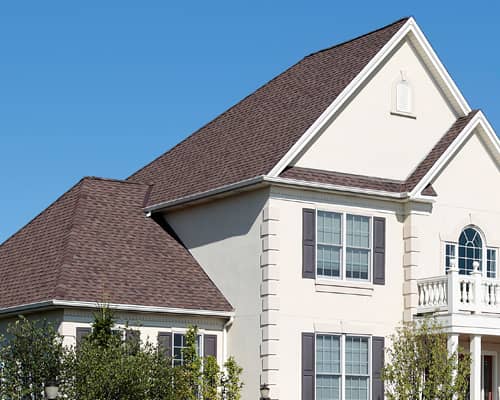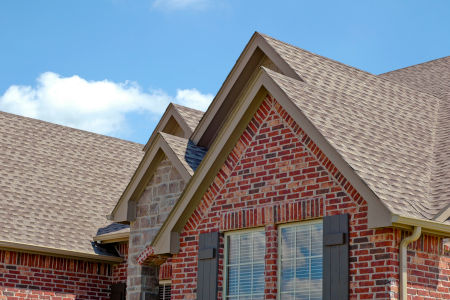Recent Tips and Articles by Sussex County Roof Cleaning

Understanding Non-Pressure Roof Cleaning: The Gentle Way to Clean Your Roof
Keeping your roof clean is about more than just curb appeal—it also protects your home’s structure and extends the life of your roofing materials. While many homeowners are familiar with pressure washing, it's not always the best choice for every surface, especially your roof. That’s where […]

The Benefits of Professional Roof Cleaning for Longevity and Curb Appeal
Those black streaks spreading across your roof aren't just an eyesore—they're a living organism that's feeding on your shingles. Gloeocapsa Magma, a type of blue-green algae, thrives on the limestone filler in asphalt shingles and creates those unsightly dark stains that plague many homes. Beyond the […]

The Best Way to Keep Your Deck Looking New Year-Round
Your deck represents a significant investment in your outdoor living space, creating the perfect setting for everything from morning coffee to evening gatherings with friends and family. Yet this exposed wooden structure faces relentless challenges from weather, foot traffic, food spills, and environmental contaminants that gradually […]

Why Regular House Washing Is Essential for Your Home’s Exterior
Your home's exterior is constantly under attack. Day after day, it faces relentless exposure to weather elements, pollutants, mold, mildew, and other contaminants that gradually diminish its appearance and structural integrity. These accumulated buildups don't just affect aesthetics—they can actually damage siding materials and potentially lead […]
Don’t Wait Get Your Property Cleaned by our Power Washing Pros In Sussex County Today!